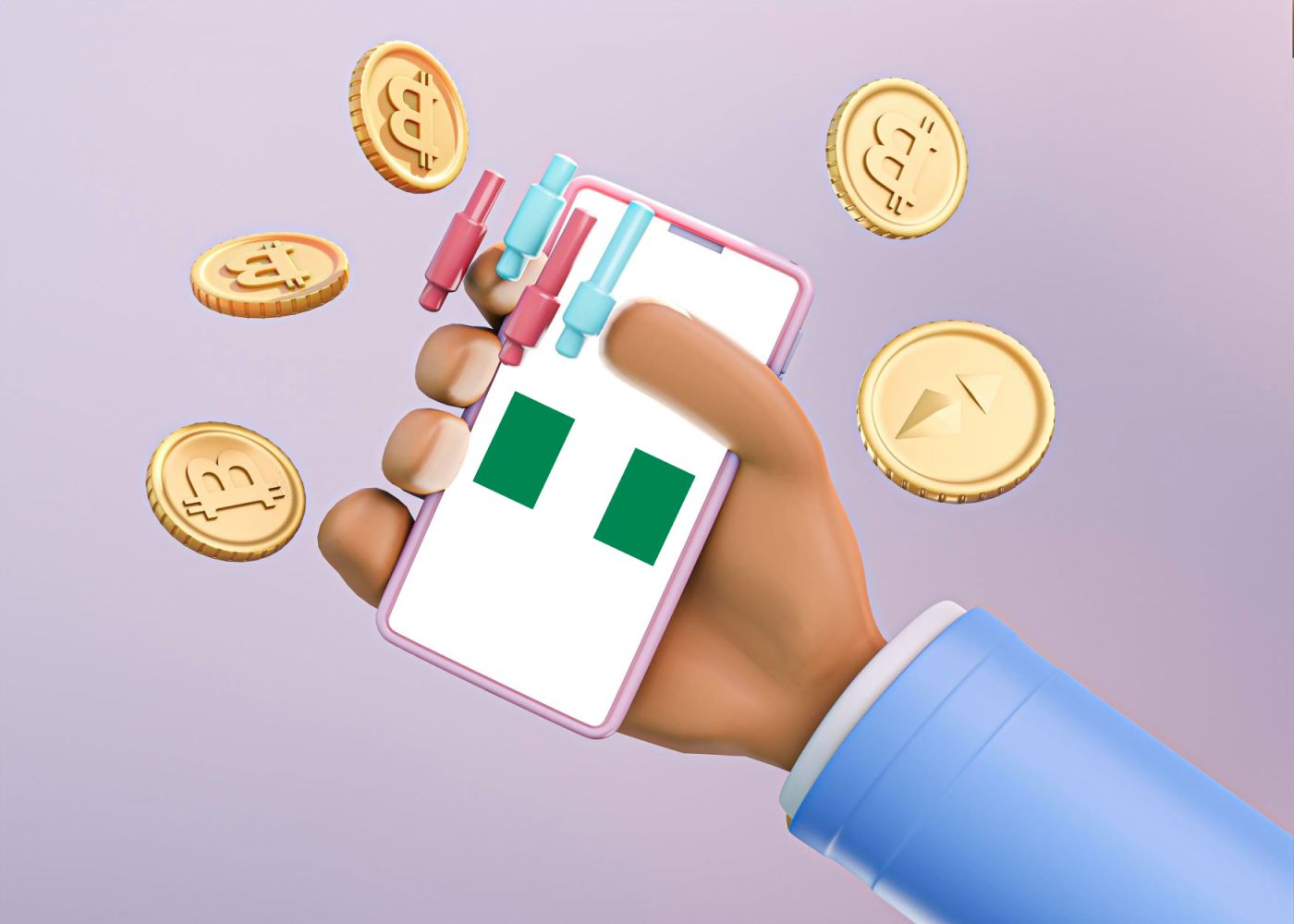last Updated on July 26, 2023
The cryptocurrency ban in Nigeria by the CBN doesn’t mean that cryptocurrency is illegal in Nigeria.
In February 2021, the CBN shared a circular that directed all banks and financial institutions to halt their cryptocurrency trading and dealings completely.
459 People are Reading: Best Stock Trading Apps in Nigeria
CBN directed all deposit money banks (DMBs), non-bank financial institutions (NBFIs), and other financial institutions (OFIs) to go through their systems and identify persons or organizations who carried out crypto transactions immediately close their accounts are closed immediately.
It also directed banks from transacting in and with entities dealing in cryptocurrencies.
The cryptocurrency regulatory challenge may be ascribed to a lack of understanding of how cryptocurrency actually works and how criminals are beginning to use it.
It is therefore critical to raise awareness among law enforcement agencies and then create tools that can aid them in regulating cryptocurrency in Nigeria.
184 People are Reading: How to Invest in Bitcoin in Nigeria
The CBN claims that cryptocurrencies currently violate Nigerian laws and are not legal tender because cryptos are created they are by unregulated and unregistered companies.


Cryptocurrency offers some anonymity to users and the Nigerian apex bank further claims that cryptocurrencies are vulnerable to money laundering, terrorism funding, and the big elephant in the room; the volatility of cryptocurrencies.
The CBN believes that this volatility can destabilize the country’s financial system.
Yet despite the cryptocurrency ban in Nigeria, there is widespread adoption of cryptocurrency in Nigeria. Nigerian crypto believers have turned to peer-to-peer P2P crypto exchanges in Nigeria.
The Latest on the Cryptocurrency ban in Nigeria
The CBN enforced cryptocurrency ban in Nigeria is still ON, and the central bank of Nigeria hasn’t provided any further directive or news thus far and Nigeria’s financial institutions are still adhering to the CBN directive of forfeiting crypto transactions.
There are reports that in the last five years, Nigerians have traded over 60,000 bitcoins worth more than $566 million on Paxful (the highest volume on Paxful).
The Coin-Dance statistics 2020 report showed that at the peak of the pandemic bitcoin trading in Nigeria saw its greatest volume (20,504.50). In the same vein, bitcoin trading in Nigeria rose by at least 19% every year since it gained adoption in Nigeria.
A 2021 Global Crypto Adoption Index by Chainalysis revealed Nigeria as the 6th-ranked country when it comes to cryptocurrency adoption. With (peer-to-peer) P2P cryptocurrency exchanges in Nigeria being the major driving force for crypto usage.
Since a lot of Nigerians do not have access to centralized exchanges. And they seek ways to protect their assets against depreciation and find better options for sending and receiving remittances, while securely and easily conducting financial transactions.
629 People are Reading: How to Buy Cryptocurrency in Nigeria
From anecdotes and data, it is apparent that cryptocurrency is alive and well in Nigeria. Yes, we know the cons of cryptocurrency, the issues it poses to internal security and its appeal to bad actors in the markets and criminals, but banning cryptocurrency is not the way to go. The almost near anonymity and its seemingly unlimited reach make cryptocurrency a very appealing option for money launderers and criminals alike.
While cryptocurrencies have been linked to a host of criminal actions like drugs, assassinations, child pornography, corporate attacks, counterfeit currencies, fake IDs and passports, Ponzi schemes and all types of financial frauds), sexual exploitation, and even weapons. However, all these criminal activities have always existed before this global rise in crypto usage.
It’s true a lot of these crimes involving cryptocurrency are not new, but criminals are increasingly using cryptocurrency’s anonymity to perpetuate unlawful activities and get away from prosecution.
Some of these criminals use crypto for financial transactions related to crimes, like the illegal drug trade or weapons trade using the dark web, perpetrate cybercrime, manage funds meant for terrorist activity; money laundering, tax evasion, and even for committing crimes on cryptocurrency platforms in Nigeria.
In response to cryptocurrency’s role in committing a crime and its decentralized nature where only a few powers are in control of the finance ecosystem, there have been bans on crypto and calls to make cryptocurrency illegal, like the cryptocurrency ban in Nigeria and other places like China.
The CBN and other pro-make-crypto-illegal supporters have always pointed to the “Cybercrimes (Prohibition and Prevention) Act, 2015” as a defence for the cryptocurrency ban in Nigeria.
There’s no doubt that the Cybercrime Act has had a significant impact on cyber law in Nigeria, as it forms the foundation for the comprehensive legal, regulatory, and institutional framework in Nigeria to prohibit, prevent, detect, prosecute, and punish cybercrimes in Nigeria.
The SEC and the CBN’s collaboration to regulate and establish a legal framework for cryptocurrency trading in Nigeria is very commendable but the cryptocurrency ban in Nigeria isn’t exactly a sound policy. People are just going to turn to P2p crypto platforms and that will even make it harder to track these transactions they claim are illegal.
173 people are Reading: Best P2P Loans in Nigeria
While there’s an ongoing plan to establish a legal framework and legislation for cryptocurrencies in Nigeria all the stakeholders will need to come together to find a working solution for everyone. From the Nigerian government (regulators) to the end-users, and to the commercial sector.
This working solution focus will be on developing a practical research and development plan to help law enforcement and regulators easily identify and investigate illegal cryptocurrency activities.
This plan will involve increasing literacy, digital literacy and public awareness of cryptocurrency and its associated features and use cases. It will also include forming and improving cross-jurisdictional collaborations among many state and local law enforcement agencies.
Checkout: Best Apps for Cryptocurrency Trading in Nigeria
Is Crypto now Allowed in Nigeria?
The Central Bank of Nigeria (CBN) has banned Nigerian financial institutions from doing any sort of business with cryptocurrency companies, so yes crypto transactions are not allowed in the Nigerian financial system.
Has Cryptocurrency been Unbanned in Nigeria
The Central Bank of Nigeria (CBN), does not recognize cryptocurrencies at the moment and has stopped financial institutions in the country from having any sort of interaction with cryptos, however, Nigerians can still trade crypto via P2P platforms.
When did CBN Ban Crypto in Nigeria
The CBN banned crypto in Nigeria in February 2021. The CBN shared a circular that directed all banks and financial institutions to completely halt their cryptocurrency trading and dealings.


Leave a Reply